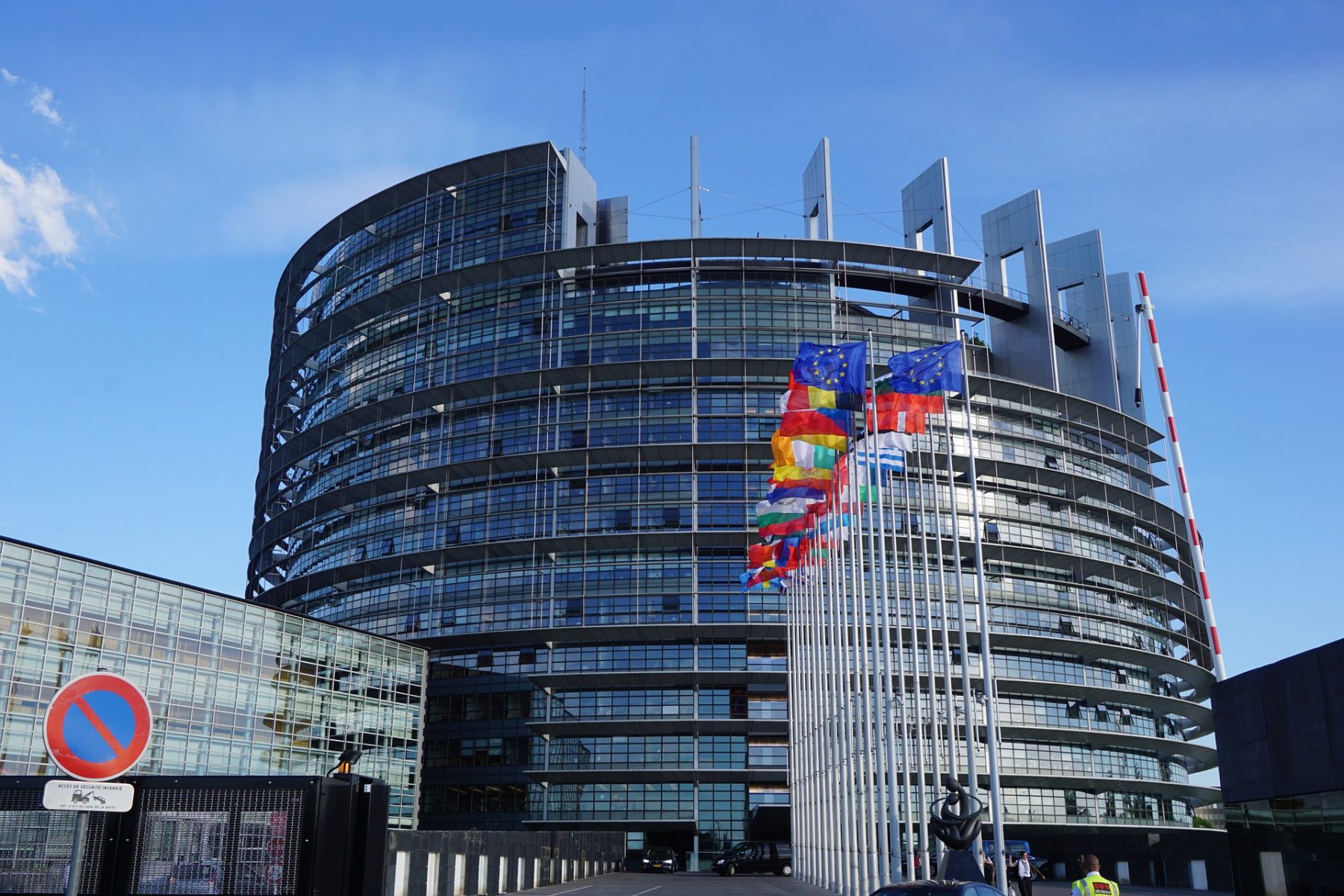DMA/DSA: Broadcasters support Commission proposals to end Platforms’ unfair digital practices and strongly encourage a liability regime that delivers effective accountability online

Download the document
BRUSSELS, 17 DECEMBER 2020. The publication of the DMA and DSA proposals marks the accomplishment of a long process towards the necessary framing of the digital space to ensure a thriving competitive environment and a diverse, innovative and secure media landscape. These reforms present distinctive merits and pitfalls for Broadcasters who stand at the nexus of media, technology, news and data policy. The ACT stresses the importance of these proposals to foster pluralism, safeguard the rule of law and deliver innovative digital services, quality entertainment and trusted news.
Digital Markets Act. The DMA represents an acknowledgement that for innovation to thrive, access to digital audiences must be fair. To this end, the DMA proposals hold tremendous prospects and value to address the competitive challenges faced by European strategic sectors, including broadcasters. Broadcasters welcome the potential to address a number of practices that harm competition and consumers throughout Europe. The proposals provide for practical solutions to real world business issues faced by several operators, including much needed ex-ante rules aimed at large gatekeeper platforms.
By delivering a level playing field and fairness in the digital environment, the regulatory framework could help to ensure Europe’s creative media ecosystems – part of Europe’s priority CCI ecosystem – remain vibrant drivers of Europe’s employment and GDP. ACT will closely monitor discussions to ensure that they provide for an agile and time effective framework, both on the designation of the gatekeepers and on the obligations imposed to them.
Digital Services Act. ACT expresses support for the aims of the DSA, notably the guiding mantra to ensure that what is illegal offline should be illegal online. Yet, it remains questionable as to whether this objective is fully reflected in the text presented. In particular, the introduction of a ‘Good Samaritan Principle’ without a complementary assurance of an expeditious enforcement regime, risks eroding the existing liability regime that has been well established through national and European jurisprudence[i]. Over the years, European jurisprudence has clarified the limited liability regime in the eCommerce Directive outlining conducts that no longer qualify for safe harbour provisions – namely optimising, indexing, promoting and monetising third-party content. We regret that this clarification is not reflected in the proposal.
The proposed notice and action procedure will have to be analysed in light of existing copyright laws to ensure processes that lead to rapid take down and stay down measures can continue to be applied and improved. ACT fears to observe some lost opportunities to crack down on online TV piracy. The role and scope of trusted flaggers and Know Your Business Customer provisions are for example too narrow to effectively target and suspend abusive behaviour. Unless more is done in this respect, the broadcasting industry will suffer from online piracy for many years to come. Similarly, there is no logical reason for digital platforms to avoid liability for advertising content which they select, place, promote and ultimately profit from. An effective regime should ensure that digital platforms are directly liable for all advertising content on their services and are held to account for content that falls short of generally accepted standards – as is the case for broadcasters.
We welcome the proposal’s ability to achieve more accountability regarding harmful content, particularly as regards disinformation. Stringent codes of conduct will be required to achieve tangible results, commitments and oversight. Mandatory independent audits imposed on very large platforms – essential to assess if these platforms effectively fight against illegal/harmful content and protect fundamental freedoms online – is a first, but not sufficient, step towards much greater and needed algorithmic transparency. In sum, while certain measures are in line with the needs of media pluralism and cultural sovereignty in Europe, others will need to be revised to ensure the DSA is an upgrade rather than a downgrade for Europe’s media ecosystem.
Looking forward. ACT and members look forward to engaging with European institutions on both of these proposals. The diagnosis delivered by the EC is accurate. Now we must make sure the cure is effective .We will continue to advocate for fair competition and a liability landscape that is fit for the digital age in order to drive Europe’s media strategy and support a robust, responsible and reliable media landscape.
***
[i] This regime, currently under critical review in the United States, will incentivise Platforms to do even less than they currently do by claiming voluntarily policing content removes them from liability. In fact, there is no empirical evidence demonstrating the need for the legislator to remove alleged disincentives for platforms to act against illegal content. Such new exemptions jeopardise the effectiveness and principles of the reform as a whole and would saddle Europe with an obsolete regime rather than much needed future-proof rules.

